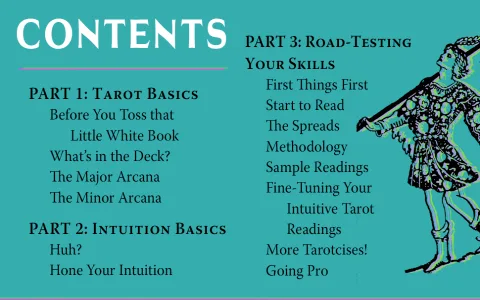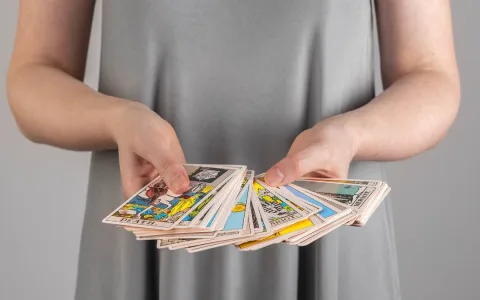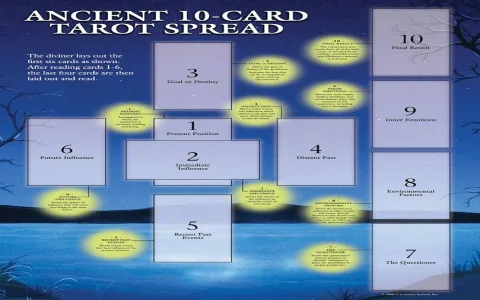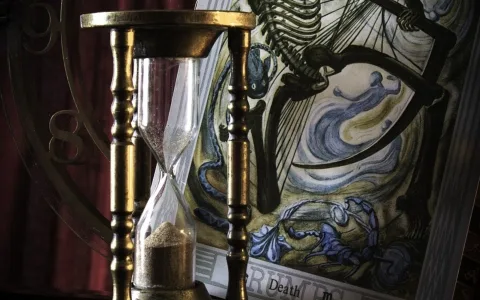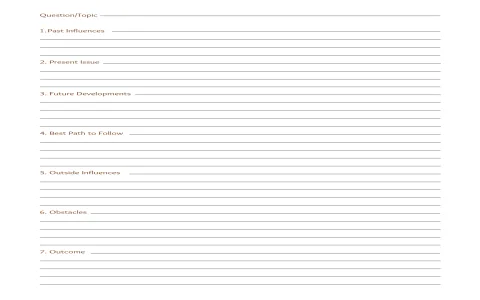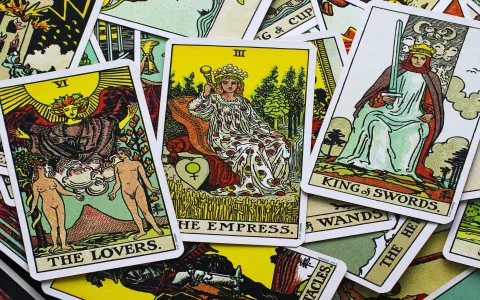Man, I used to think tarot was just about predicting the future, right? I spent years, and frankly, a chunk of cash, on readings that just left me feeling worse than when I started. I’d book a session, throw down $50 or $100, and walk away with nothing actionable. It was a complete waste of time, and I blamed the readers, I blamed the cards, I blamed the vibe. Everything but the real problem: me and the garbage questions I was asking.
I finally hit a wall about six months ago. I was stressing hardcore about a big decision at work. Did I ask, “What is the best path forward?” Nah. I straight up asked the reader, “Will X specific thing happen in October, yes or no?”
The Mess of Passive Asking
I figured if I got a definitive Yes, I could just sit back and wait for it. If I got a No, I’d panic for three weeks. The reading was useless. The reader shuffled, pulled a few cards, and said something like, “The energy around October is fluid, and it depends on the choices you make between now and then.” I paid money for that? I was livid.
I realized the pattern. Every bad reading I ever had boiled down to me asking questions that stripped me of all agency. I was using the cards as a cosmic crystal ball to avoid doing the hard work myself. That stuff is absolute poison for any kind of meaningful self-improvement or strategy.
I went back through my old notes—yeah, I keep detailed notes on this stuff—and saw the list of terrible habits I needed to stop:
- Asking purely “Yes/No” questions. They give zero context.
- Asking about other people’s feelings or actions (e.g., “Does John love me?” or “Will Sarah finally quit her job?”). I can’t control them, so why am I asking?
- Asking overly vague questions (e.g., “What does the future hold?”). That just guarantees a vague answer.
- Asking questions where the result is completely out of my hands (e.g., “Will I win the lottery?”).
I finally decided to treat the tarot reader like a business consultant, not a psychic fortune teller. That meant changing the entire dynamic of the conversation. I started running little experiments to test which types of questions actually gave me solid footing to move forward.
Shifting Gears: The Active Inquiry Experiment
The first thing I committed to doing was reframing every question to start with “What,” “How,” or “Why.” This forces an exploration, not just a prediction. I booked two different readers back-to-back last month to really isolate the question quality.
For Reader 1, I went back to my old ways. I asked a passive question related to an investment: “Will this stock go up next month?” The reader pulled cards suggesting volatility and uncertainty. Expectedly, I walked away confused, still frozen about whether to sell or hold.
For Reader 2, I implemented my new method on the exact same topic. The new question was: “What perspective or action should I adopt right now to handle the current uncertainty surrounding this investment?”
The result was night and day. Reader 2 pulled cards that focused on structure, planning, and patience. The advice wasn’t “hold” or “sell,” but: “Diversify your risk now,” and “Set a firm stop-loss point and stick to it, regardless of short-term noise.” See the difference? I got concrete instructions on a strategy I could implement right then. I felt in control. That’s the real gold.
The Power of ‘What Should I Learn?’
I deepened this process by moving beyond external situations and into internal blocks. That’s where the real juice is. Instead of asking, “Will I ever feel successful?” (passive, outcome-focused), I started asking things like:
- “What unconscious pattern is currently blocking me from taking the next necessary step in my career?”
- “How can I better leverage my existing skills to improve my current relationship dynamic?”
- “What is the most important lesson I need to integrate right now to achieve financial stability?”
When I started asking these reflective, internal questions, the readings immediately transformed into therapy sessions. They weren’t just predicting; they were diagnosing. I used the cards to identify blind spots that I couldn’t see myself.
For example, I was having trouble delegating tasks. I asked, “Why am I resisting letting go of control in this project?” The cards didn’t tell me I was a micromanager. They showed me my deep-seated fear of failure and the belief that if I didn’t do it perfectly myself, the whole thing would collapse. That kind of psychological insight is worth ten times more than a simple yes or no about the future.
So, here’s the bottom line I worked out through all this trial and error: Stop giving your power away. Tarot isn’t there to decide your fate; it’s there to show you the best possible moves you can make from where you stand right now. If your question can’t lead to an action you can take immediately after the reading, it’s a bad question. Dump the passive language, embrace the ‘How’ and ‘What,’ and suddenly, those readings aren’t expensive guesses anymore; they are solid, practical strategies.

